Your roles in this new world
Frederick Laloux is a leading thinker in the area of the future shape of organisations and making the transition to less hierarchical organisations. This contains some helpful wisdom for leaders for that transition.
10 ways to have a better conversation
We are always expounding the importance of quality conversations and especially listening. Celeste Headlee does that in a very engaging way and with some great tips.
Thinking in Systems by Donella Meadows
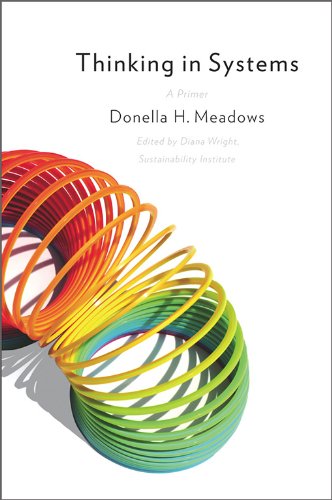
This was recommended by Gemma Scire who discovered it on her MSc reading list. If you can get past the systems zoo which is hard going, there are some gems. For example Herman Daly, an economist with the World Bank coined the term “invisible foot” to represent the phenomenon of people making reasonable decisions based on the information they have except they do not have information about the more distant parts of the system eg how many fish there are or how many people are fishing them. We don’t foresee the impacts of our actions on the whole system. This f course challenges 200 years of economics based on Adam Smith, which assumes that homo economicus acts with perfect optimality on complete information and when many do that it adds up to the best outcome for everyone.
Do/Pause. You are not a to do list. By Robert Poynton
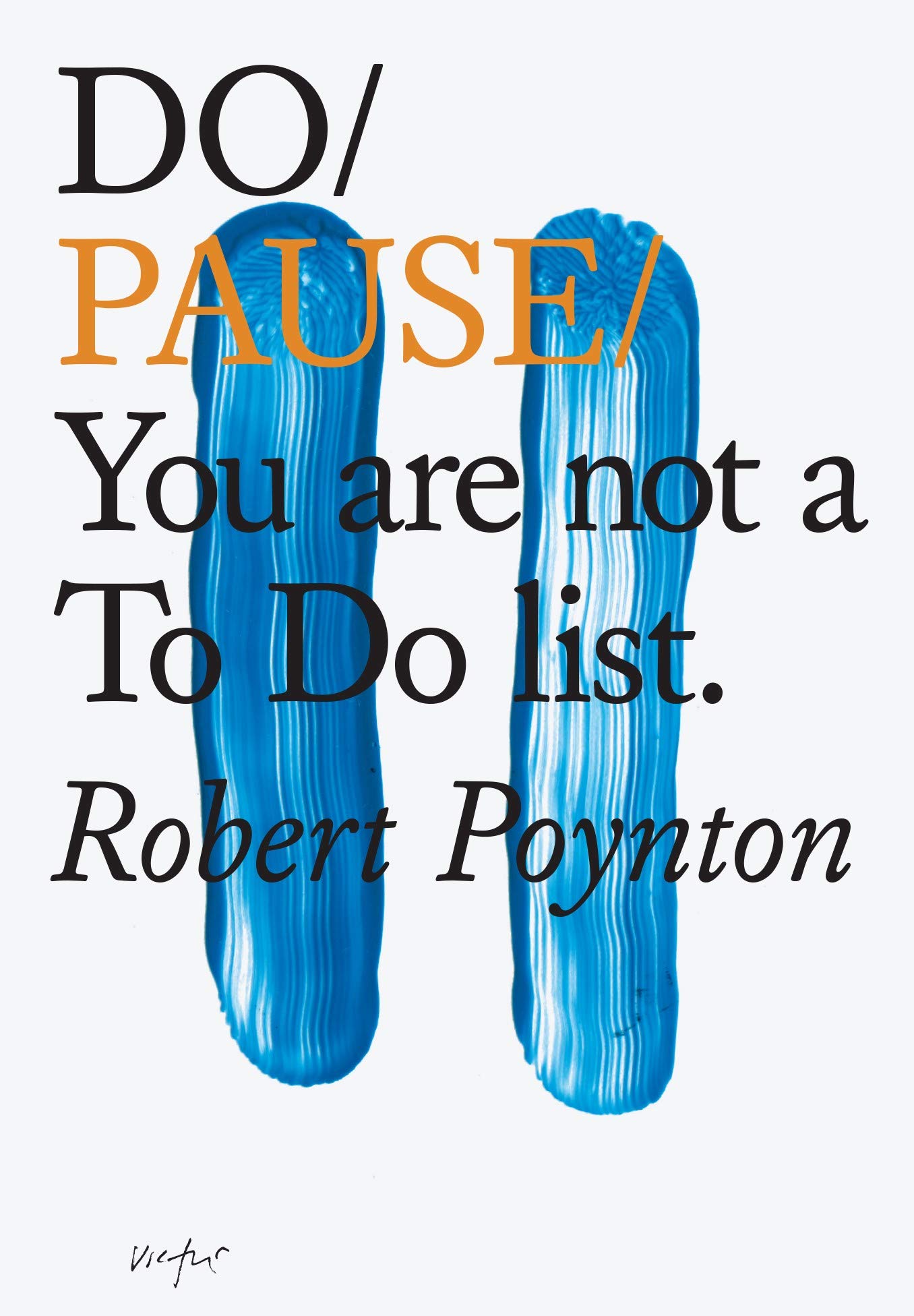
This was sent to me during long covid to make me really understand the value of pausing, whether it be for a minute, an hour, a week or a year.
Radical Help by Hilary Cottam
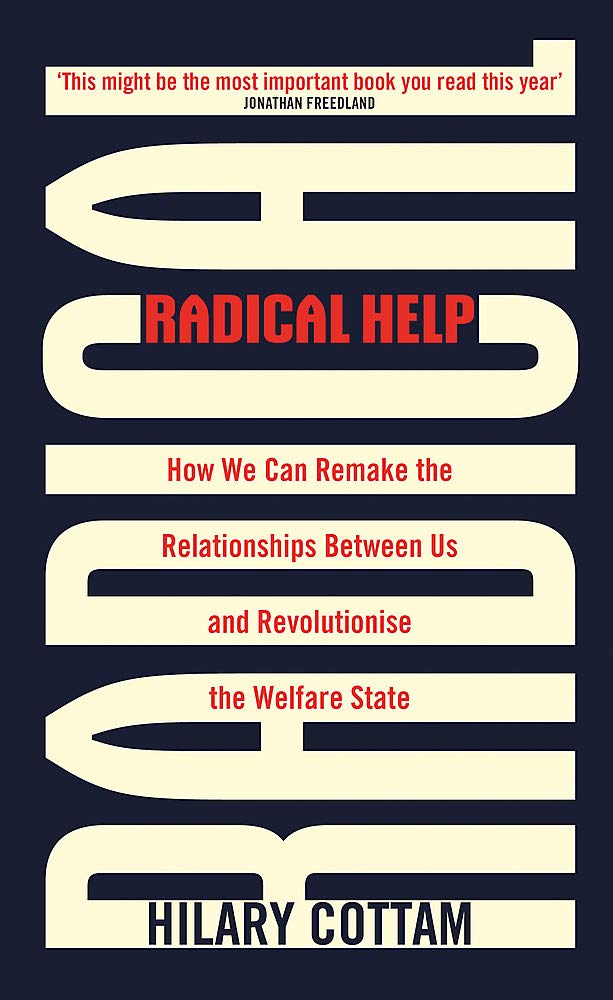
I have been boring people with going on about this book. For anyone working in health and social care this is an extremely insightful book about why a lot of what we are doing in that field does not work and how to change the relationship between people and the welfare state.
Rebel Ideas. The power of diverse thinking by Matthew Syed
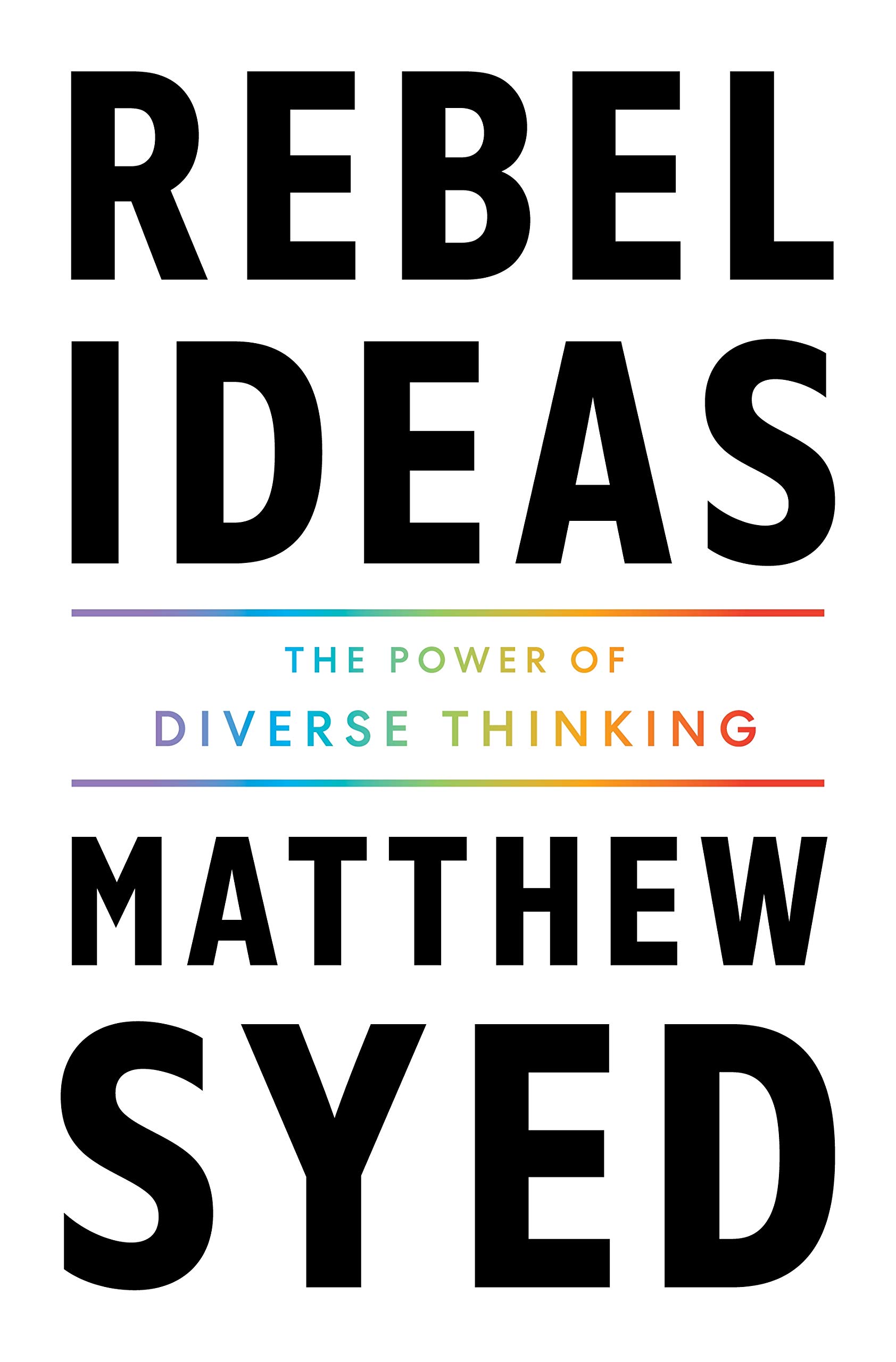
This is a fascinating book with plenty of evidence for why diverse thinking is essential. One of the examples quoted t that of the CIA investigating 9/11. The organisation prides itself on recruiting the brightest and the best but the group of very intelligent people were all from similar backgrounds and all had the same blind spots and frames of reference. Their collective myopia meant there were cues that none of them picked up. Collective intelligence requires both ability and diversity
Speak Up. Say what needs to be said and hear what needs to be heard. By Megan Reitz and John Higgins
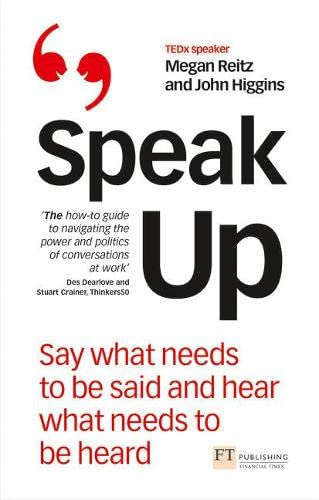
This book is essentially about navigating politics. Unusually it focuses both on how to get your voice heard and also how to hear all the voices if you are someone with power. It is perception of power that affects whether people speak up or stay silent. One of the questions I loved was “What do you know that I need to know but will never be told?”
The Art of Gathering by Priya Parker
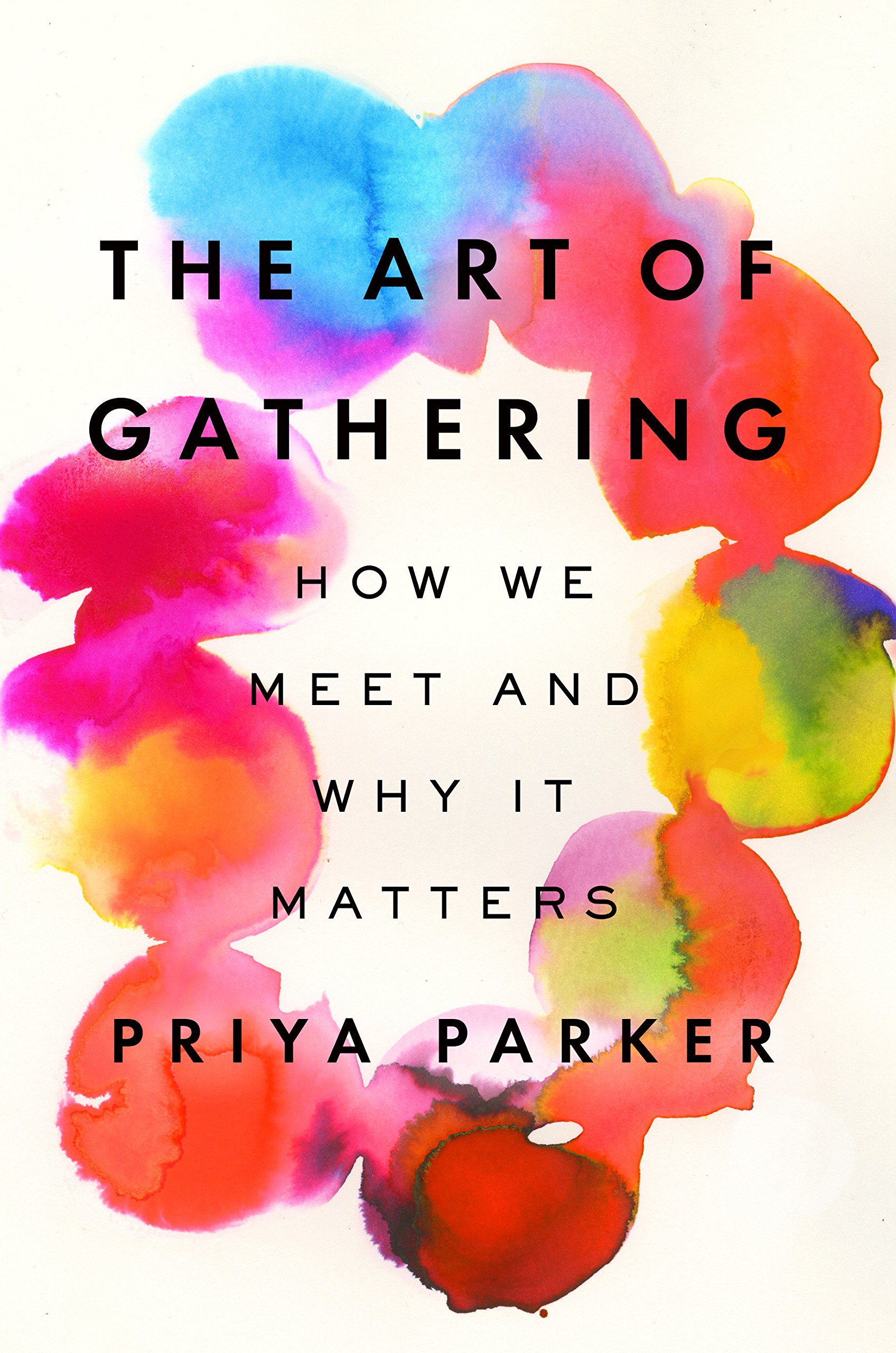
This is a really thoughtful book about hosting and facilitating all sorts of groups. There are some great nuggets in here, such as being very purposeful about the purpose of your gathering and design a process that allows people to cross the threshold into you temporary space. Equally important is how yu end and allow people to cross back.
Fire Metaphor: From ‘Burning Platform’ to ‘Burning Ambition’ (Leadership Transformation)
Why a burning ambition and living a big and authentic life is more powerful than a burning platform.
Smart Leaders Smarter Teams by Roger Schwartz
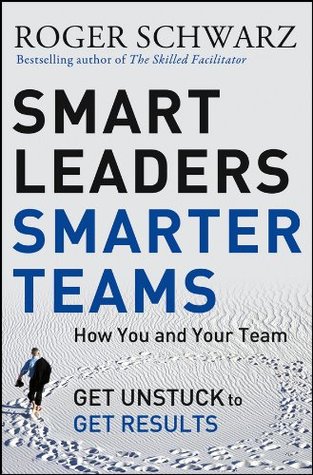
Scott Valentine recommended this one to us and he has been using this framework with his team for over 18 months and getting some real results with it. The book is about changing ones mindset from one where you try to, or feel like you should, control everything to one where control, responsibility and learning is shared amongst the team. He calls it shifting from a unilateral control mindset to a mutual learning mindset and with this comes a set of values, assumptions and behaviours. It is consistent with creating collective leadership and when everyone in the team is familiar with it there is a shared language that can take you a lot further in conversations than you might otherwise get.
Fierce Conversations by Susan Scott
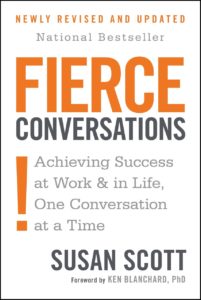
What an excellent book. It fits very well with the work we do helping people to have the conversations they need to have in order to do the excellent work they want to do. I really like her 7 principles but there are some profound truths in here too. Such as “When the conversation is real the change occurs before the conversation has ended. Being real is not the risk. The real risk is that: I will be known; I will be seen: I will be changed”. It is written in a way that is very easy to relate to, describing the kinds of traps we fall into in conversations and what you can do about them. Thanks to Cathé Watson for recommending this one.
The Trusted Advisor Fieldbook (2012) by Charles Green and Andrea Howe
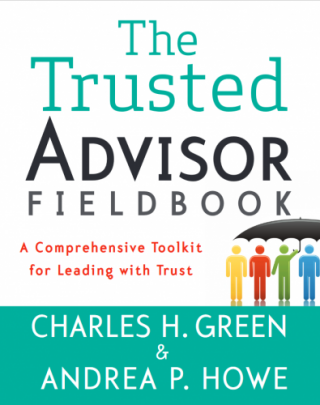
This book is full of wisdom about how to build trust. For example we know that building trust requires credibility and reliability, things that most professionals are very good at. It also requires intimacy though ie that people will feel safe with you and, challengingly, it requires a lack of self orientation. There are many processes in organisations which encourage us to be promoting our achievements. It can seem counterintuitive that a lack of self interest is required to build trust and for many organisational goals we need people to trust us.
Leadership on the Line by Ronald Heifetz and Marty Linsky
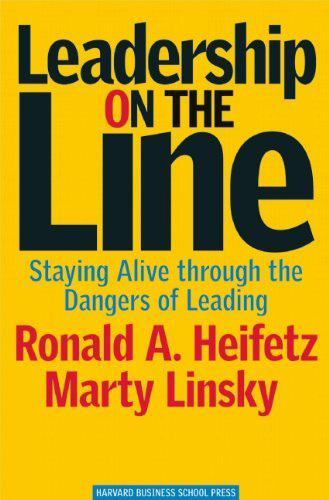
These guys write about technical leadership, when the challenge is about getting more efficient at the repertoire of solutions we have already and adaptive leadership when the current repertoire of solutions just isn’t going to work any more because the territory is different. In a complex context what is needed form leaders is adaptive leadership which, more often than not, being prepared to change oneself in some way.
Why should anyone be led by you? By Rob Goffee and Gareth Jones

Classic work about it takes to be an authentic leader and why that is needed in complex, ever changing ambiguous environments.
Your Brain at Work by David Rock
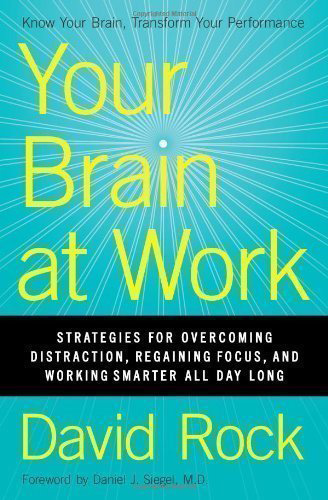
This book on the other hand is how to get the best out of that highly sophisticated gear you have in your head –your brain. It’s really well backed with research but still speaks in plain English.
Global Forces by Bruce Nixon
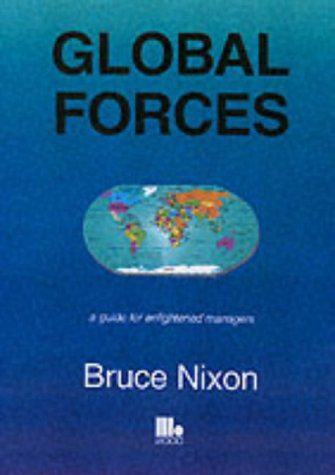
How to link your authentic leadership with the demands of the changing context and working with ecologies.
The Dance of Change: The challenge of sustaining momentum in learning organisations by Peter Senge, Art Kleiner, Charolotte Roberts, Richard Ross, George Roth, Bryan Smith.
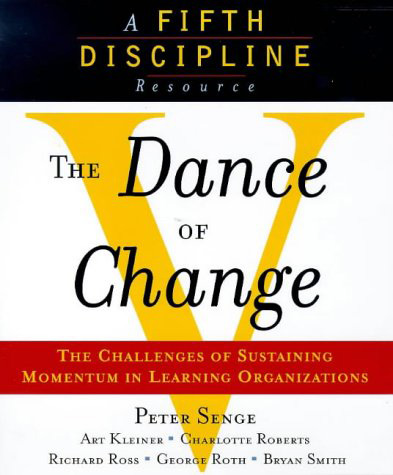
Peter Senge is one of the foremost writers on systems thinking and organisational learning. This is one of his many excellent books that he writes with others.
Senior Leadership Teams. What it takes to make them great by Wageman, Nunes, Burrus and Hackman
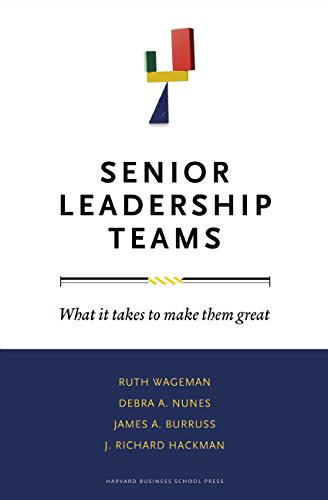
This is another good book for eldership teams. It is based on a study of 120 top teams from around the world and is a really useful resource for any CEO.
Leadership Team Coaching by Peter Hawkins
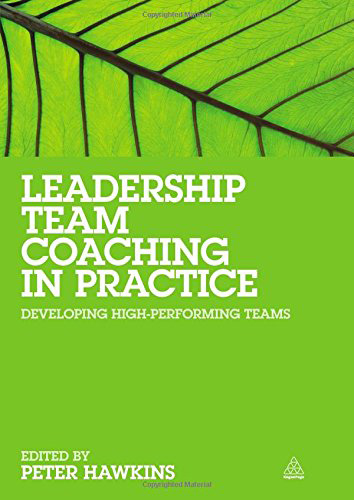
What I like about this book is that the focus is on collective leadership. Hawkins identifies five disciplines for leadership teams to be transformational. The book is written for the team coach.
Three books on large group interventions
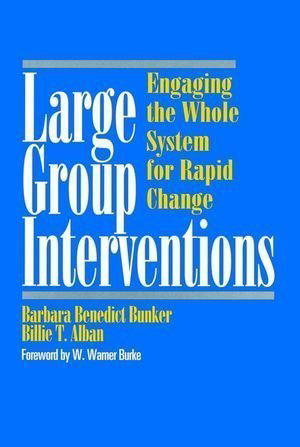
Large Group Interventions. Engaging the whole system for rapid change by Barbara Bunker and Billie Alban
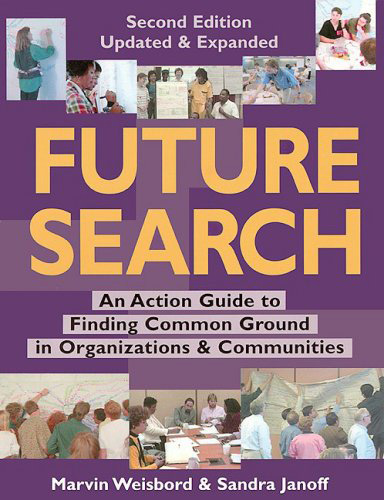
Future Search. An action guide to finding common ground on organisations and communities by Marvin Weisbord and Sandra Janoff

Open Space Technology by Harrison Owen
The Living Company by Arie De Geus
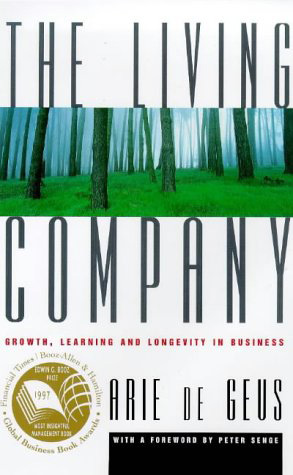
De Geus did a piece of research when he was working at Shell on long lived companies ie over 100 years. This book is about what makes the difference.
Facilitating Organisation Change: Lessons from Complexity Science by Edwin E Olson and Glenda H Eoyang
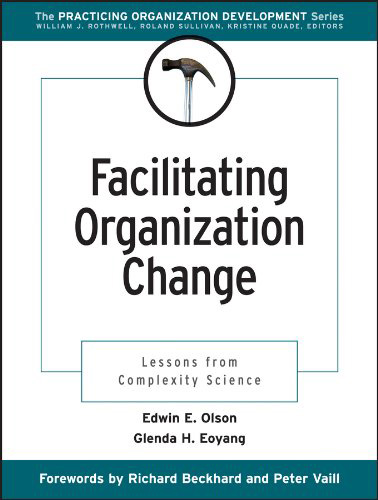
Large group interventions are a powerful way of working a large system to get rapid change and it is all underpinned by ideas from complexity. This book was a revelation to me because it is so practical but with very well founded reasons.
Brene Brown on Vulnerability
Systems thinking is all about emergent order creating new solutions that could not have been predicted from looking at the elements. The emergence comes from interconnections, so in leadership terms that is all about a relational approach to leadership. Brene is very funny and she is also talking about what it really takes. This is one of the all time most popular TED talks.
Theory U: Leading from the future as it emerges. By C Otto Scharmer
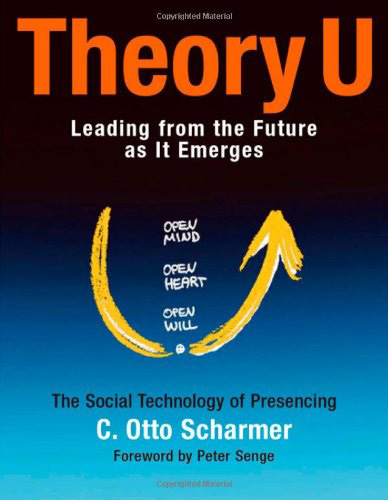
This book knits together leading edge thinking from a number of areas and what it proposes is profound I think. It shifts focus form individual leadership to collective transformational leadership.
The World Cafe: Shaping our futures through conversations that matter by Juanita Brown
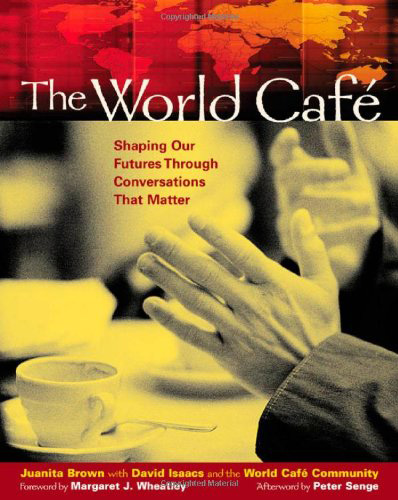
Complex Adaptive Leadership: Embracing Paradox and Uncertainty by Nick Obolensky
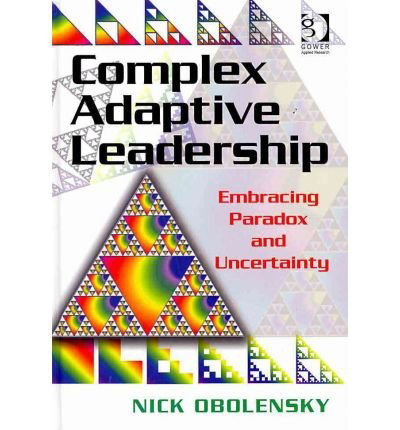
Nick Obolensky does an excellent summary of what has changed in the world wide context and how a complexity based approach fits with that. He talks about how power has shifted over history and how fragmented it is now. If ever you need to position why we need a different approach to leadership this is really helpful.
Leadership and the New Science by Margaret Wheatley
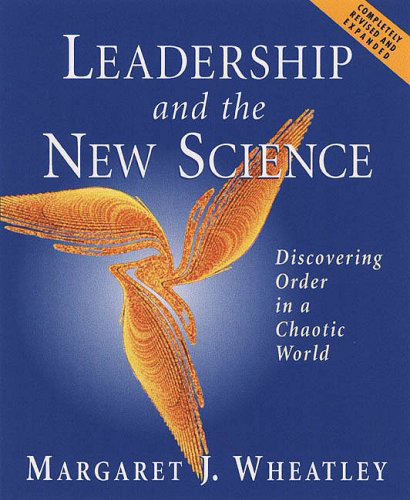
This is a really practical book for OD practitioners.
Dave Snowden’s Cynefin Framework
I send this link to people who are grappling with how to work with ambiguity. I find that much of the writing about complexity theory is either abstract or trite. Dave has great credentials and has also produced really usable material.
“Political Savvy: Systematic Approaches to Leadership Behind the Scenes” By Joel DeLuca
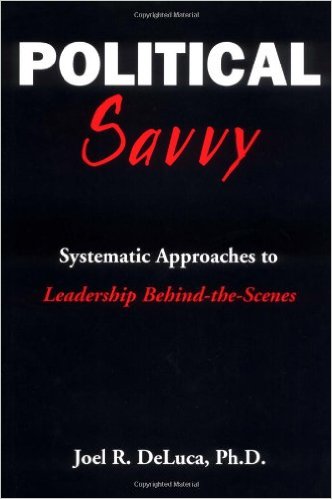
I love the reframe that DeLuca does in this book. Politics, rather than being a distasteful thing, is leadership behind the scenes. At least it is if you engage with it in the right mindset. The book offers a very useful way of analysing the politics of a situation, even if it is somewhat old school in its assumptions eg that one can observe a system in a neutral way.
“The End of Power; Why being in charge isn’t what it used to be” by Moises Naim
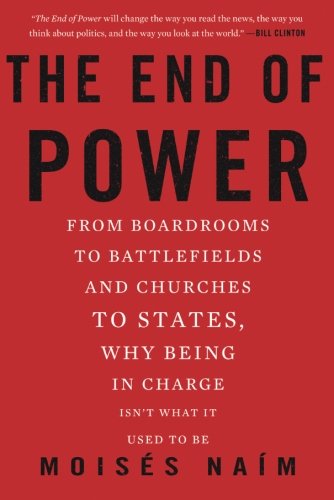
This is a superb book if you like big picture. The central idea is that power is easier to get and harder to use.This is leading to a fragmentation of power, it is easier for smaller players to enter, and this is changing the world. He is hugely knowledgeable and well-read and draws on a vast array of examples from many sectors. He talks about the More, Mobility and Mentality revolution. More: people are more numerous and living fuller lives so are more difficult to control. Mobility: more people are moving than at any other time in world history. Mentality: there is growing importance attributed to transparency and fairness.
“Seeing Systems” by Barrie Oshry
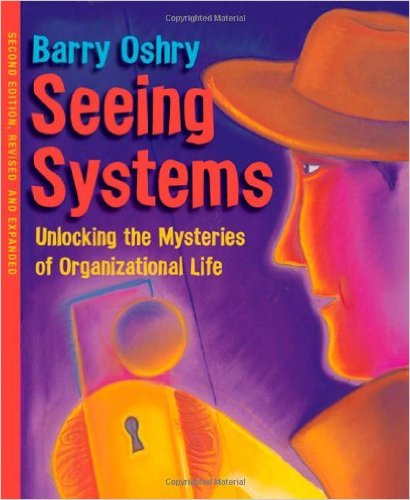
This book is fabulous for understanding the systemic patterns that go on in organisations. For many years they ran a learning laboratory where organisations were simulated by attributing people randomly to the roles of Tops, Middles or Bottoms. What became visible were the patterns, regardless of the personalities. This book contains lots of wisdom about the recurring patterns in organisations and how to disrupt the Dance of Blind Reflex.
Viral Change (2006) by Leandro Herrero
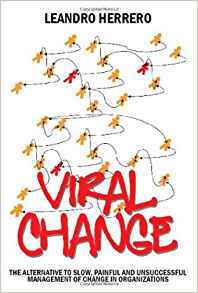
Herrero says that collaborative spaces in organisations can happen by design and they happen spontaneously. They can also be either formal or informal.
Whilst most change management approaches focus on the 25% of interactions that happen in the planned formal space, he focuses our attention on how to work through the 75% of work conversations that happen in the informal spontaneous problem solving space.
Well that makes sense. This book is absolutely worth reading. It is full of interesting things like what network science tells us and how to create social tipping points.
Difficult Conversations: How to discuss what matters most (1999) by Douglas Stone, Bruce Patton & Sheila Heen of the Harvard Negotiation Project
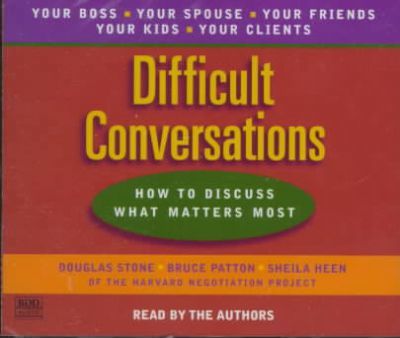
The authors define difficult conversations as ones where there is a gap between what you are thinking and what you are saying. They offer 2 valuable things: a way to understand what is going on and a map to find your way through. For example, in understanding what is going on it helps to be aware that there are three streams going on in the conversation.
The “What Happened” conversation is the one where we get sucked into the trap of debating who is right and wrong. The “Feelings” conversation is there whether we like it or not. It is fruitless to remain in logic alone because unexpressed feelings will leak into the conversation in a less than helpful way if we do not address them directly.
Thirdly, do not underestimate the threat to identity for all parties. Be aware of the “Identity” conversation. There are many practical suggestions in the book and we have used the wisdom from it numerous times since reading it.
Meetings Matter (2015) by Paul Axtell
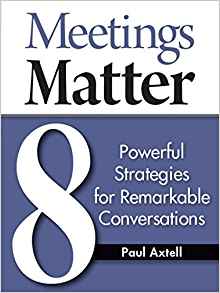
I am not sure who would look for a book about how to have effective meetings because most people think they are good at them but this book is excellent and goes much deeper than just techniques.
For example he includes fundamentals for mastering effective conversation such as quality of attention and checking for the four C’s (clarity, candour, commitment and completion).
Mostly you see Axtell quoted in relation to making virtual meetings work and he does indeed have some very helpful suggestions around that. Anyone who facilitates meetings will find this book full of thoughtful and practical help.